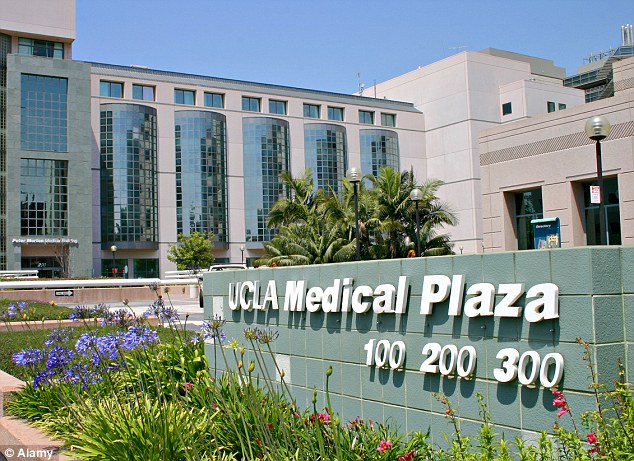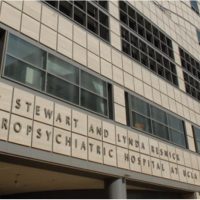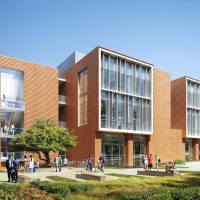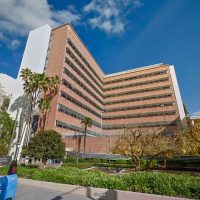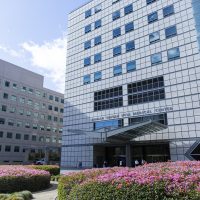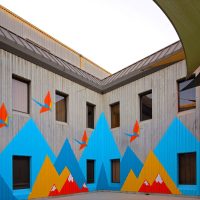FAQs
What do graduates of the program end up doing?
About half of recent graduates have gone into clinical practice, either private practice or community psychiatry, and about half work in an academic setting, primarily as a clinician-educator with some going into academic research. A few have chosen additional fellowship training, such as forensics, substance abuse, or research fellowships.
How much psychotherapy training is there during fellowship?
The UCLA Child Psychiatry Fellowship Program has outstanding training in a broad range of psychotherapies, such as Functional Family Therapy, Cognitive Behavioral Therapy for childhood anxiety and depressive disorders, parent training, trauma-focused therapies, and more. Fellows also gain experience in psychodynamic psychotherapy with long-term weekly psychotherapy cases, and if interested, fellows can participate in additional training through our psychodynamic psychotherapy Area of Distinction. Elective therapies include social skills training, Structural Family Therapy, DBT, mentalizing-based therapies, and more.
I hear there are many internal candidates applying. What are my chances as a non-UCLA applicant?
Our fellows have trained at some of the most prestigious residency programs from around the country, including from UCLA. The fellowship has a commitment to diversity, and we believe that fellows from a variety of different training programs contribute greatly to the richness of the training experience. We typically have a third to half of our fellows from non-UCLA residencies.
What is it like to live in LA?
There is plenty to do on your off-hours from salsa dancing to surfing, from amazing restaurants to hiking in the mountains. It can be expensive to live in LA, but less than places such as New York City and San Francisco. Current fellows live in a variety of different neighborhoods in Los Angeles.
What is call like?
Call is limited to week-nights, Monday-Friday, and fellows are only responsible for evaluating patients that they get paged about from 5pm to 9pm. There is no weekend call. Call is divided among the first-year UCLA and rotating fellows (on average every 9th weekday). You may be paged roughly 0-4 times per night; however the average is 1-2 patients per night. On busy call nights, there is a back-up adult psychiatry resident who can be called in to help. All calls are for new evaluations, since floor issues are covered by the adult psychiatry residents on-call. All patients that arrive after 9pm are covered by the adult residents.
I know there are a lot of child psychiatry researchers at UCLA. Are fellows required to do research during the training program?
At UCLA, there are two tracks, a traditional CAP Fellowship track (6 fellows per year) and a 3-year research track (1 fellow per year). The goal of both of tracks is to provide the best and most current clinical training possible, taught by national leaders in the field. In the traditional CAP Fellowship track, fellows can elect to pursue research but are not required to do so. There are plenty of clinical and research electives to choose from, which includes research projects if a fellow so chooses.
Is traffic in Los Angeles really that bad?
Sadly so – the reputation is well-deserved, but there are many ways to avoid the gridlock. Some fellows live near enough to the hospital to walk or bike to work. Others live further away and time their commute or use public transportation to avoid the rush hour traffic.
Is moonlighting allowed?
Yes, there are many moonlighting opportunities both within the UCLA system and throughout the city. It is not uncommon to moonlight, especially in the second year.





